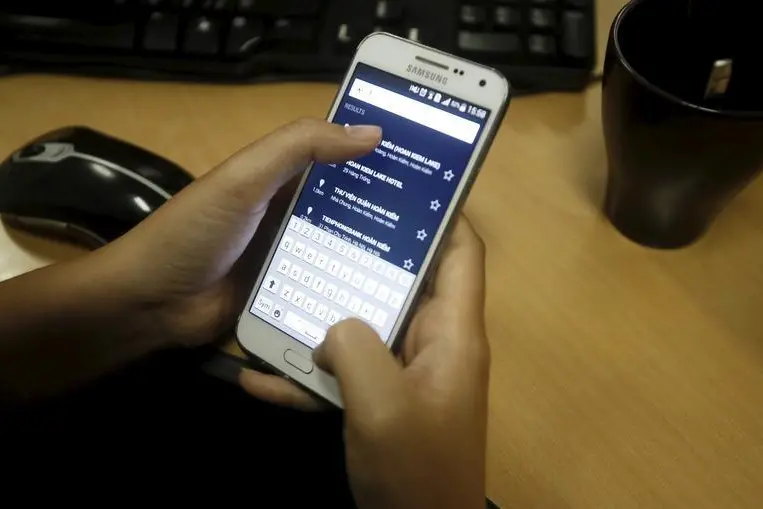PHOTO
Saturday, Dec 10, 2016
Dr. Sheetal Kini, PhD (U.S.), Clinical Psychologist, based in Dubai explains the issue of overdependence on apps.
How does overdependence on apps impact us?
Apps are intended to make our lives easier by freeing up our cognitive resources to do other tasks.
When apps become neccesities rather than utilities, [when] our mind includes their functions into our own “autopilot” system, [this overreliance could lead to] lowered self-reliance. Your mind becomes increasingly connected to many different parts of your life all at once. Your smart phone holds the portal to social connectivity, business emails, financial planning, fitness goals, etc. When all of these aspects of your life are constantly tugging at you like a leash, the mind finds it difficult to stay in the current moment and loses it inherent creativity because the beginning of any idea is followed by a search for an app that could capture it.
Overdependence on apps makes us cognitively inflexible and close-minded.
It is a slippery slope for many individuals who could become overdependent or obsessive not just with social media apps but other categories of apps as well (financial planning/money saving apps, personal assistance apps, pinterest, shopping apps, etc.)
Downside of apps that count calories, track foods, sleep patterns, daily steps, fat rationing, and other such activities:
Typically, when people embark on a weight loss/fitness journey and utilise a fitness app, it is with a hope that this fitness system will help them fulfill their goals. Initially, it may even give a person more initiative to achieve them. However, if individuals become inflexible, they begin to lose initiative. For example, some set very high fitness goals for themselves and find it difficult to keep up. Opening their app only reminds them of “failure” since they did not achieve their daily target. On the other hand, many fitness apps add a competitive component (e.g. fitbit) where individuals form groups and compete. In this case, social comparison leads one to either “overdo” it just to be the winner or lose initiative altogether because they are not ‘in the running’. Both approaches are not sustainable because the motivating force is fear of failure.
Signs and symptoms of overdependence on apps:
Being “absent-minded” is a sign to look out for.
Having trouble sleeping is another sign. Overexposure to the phone’s light emission activates the brain and negatively affects sleep quality.
Individuals begin to portray themselves in a socially desirable light just to “fit in”. As a result, real-life social interactions begin to deteriorate. Depressed mood, loneliness and anxiety are also signs and symptoms to be looked out for due to the effects of social media apps.
Achieving a balance:
The sense of control must belong with the user, not the app.
Disable your app notifications and choose a time in the day to engage with them.
Experiment with a situation wherein you don’t use an app at a time you would typically and observe the outcome.
The better you are able to manage a situation without an app, the more your sense of self-reliance and independence.
BY Mary Achkhanian Staff Reporter
Gulf News 2016. All rights reserved.





















